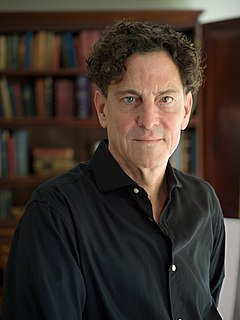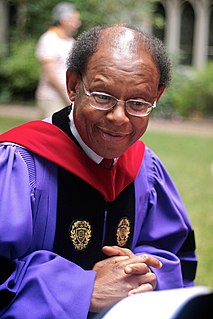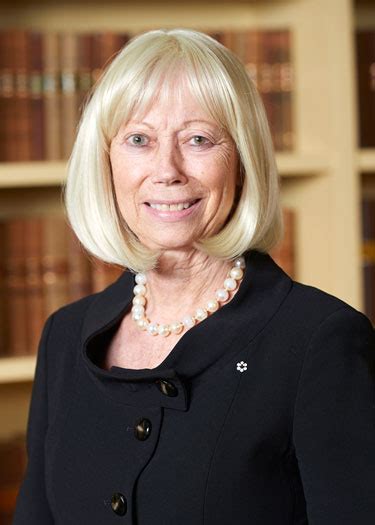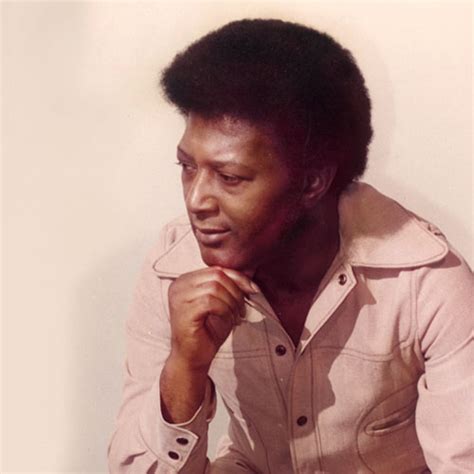A Quote by Maya Angelou
In Stamps the segregation was so complete that most Black children didn't really, absolutely know what whites looked like.
Related Quotes
They used to call me Firefly when I was a little girl, and I always tried to figure out why I was being called a firefly. I was really black, black, black from the sun. After being in Jamaica for 13 years, my eyes were really beady and white, and my skin was really black. I must have really looked like a fly. My eyes looked like lights, like stars.
It was common practice for me to take my children with me whenever I went shopping, out for a walk in a white neighborhood, or just felt like going about in a white world. The reason was simple enough: if a black man is alone or with other black men, he is a threat to whites. But if he is with children, then he is harmless, adorable.
One consequence of racism and segregation is that many American whites know little or nothing about the daily lives of African Americans. Black America's least-understood communities are those poor, hyper-segregated places we once called ghettos. These neighborhoods are not far away, but they might as well be on the moon.
[I]t's an honor to be a food stamp president. Food stamps feed the hungry. Food stamps save the children. Food stamps help the farmer. Food stamps help the truck driver. Food stamps help the warehouse. Food stamps help the store. Food stamps hire people and feed people. Food stamps save people from starvation and malnutrition. ... Give President Barack Obama a big hand. Show your love. Show your appreciation.
History is a story like any other, but black history is a story so devoid of logic that it frustrates the young reader. The young readers in my house, told of slavery and segregation, asked in disbelief, 'What? Why?' We - the parents of black children, the parents of all children - still need to tell that story.
It's so Canada. On some level, you laugh, but on another level, it's just depressing. We pride ourselves: We're not like the bad old U.S. where they had segregation, whites-only washrooms and hotels. We think we were the capital of the Underground Railroad, we were the place to where the slaves escaped, we were a much better country. But in fact, some of the black people in Canada at the time said, 'It's actually much easier in the United States because you know which hotels, restaurants, theatres won't let you in because the signs are there. In Canada, you never know.'
What used to be racial segregation now mirrors itself in class segregation, this great sorting (has) taken place. It creates its own politics. There are some communities where not only do I not know poor people, I don't even know people who have trouble paying the bills at the end of the month. I just don't know those people. And so there's less sense of investment in those children.
We need everybody and all that we are. We need to know and make known the complete, constantly unfolding, complicated heritage that is our black experience. We should absolutely resist the superstar, one at a time mentality that threatens the varied and resilient, flexible wealth of our Black future.
Blacks have experienced a history of victimization in America, beginning obviously in slavery and then another 100 years of segregation. I grew up in segregation. I know very well what it was about and all of the difficulties it placed on black life, and how we were truly held down before the civil-rights movement.
I know whites buy more records than blacks. So, I wanted to be able to make the most money that I could. Pop is for both whites and blacks, but if I just stuck to rhythm and blues, it's mostly for blacks. I didn't want to do that. So like I said, I wanted to get the most out of it that I could, so I thought that pop was the way to go.




































